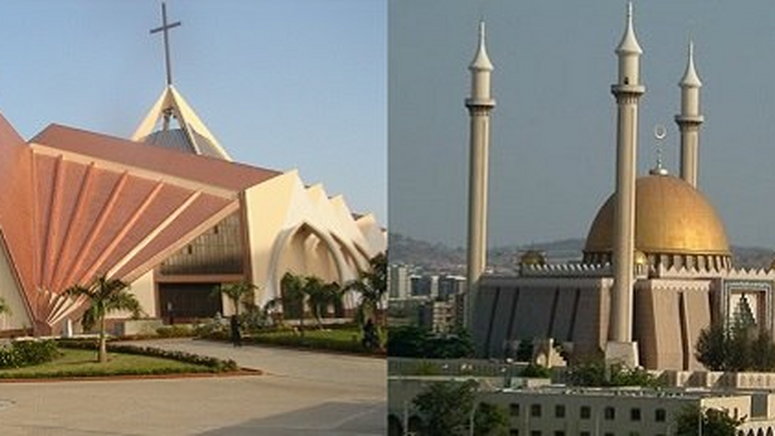Religious leaders from Christianity and Islam on Tuesday expressed concern that the ongoing attacks on sacred places of worship in Nigeria may set the tone for destruction.
According to The PUNCH, those who made the submission were the immediate past-President of the Christian Council of Nigeria, Most Rev. Benebo Fubara-Manuel and former Chief Imam of the National Assembly Legislative Quarters Mosque, Sheikh Muhammad Nuru Khalid.
According to figures compiled from media reports of targeted attacks on churches and mosques in Nigeria in 2022, 139 clerics were killed and at least 394 Christians and Muslims were kidnapped.
Fubara-Manuel and Khalid spoke during a one-day high-level engagement with youth religious leaders in Abuja, which was organized by a KAICIID Fellow, Rev. Dr. Uzoaku Williams, with support from the International Dialogue Centre, KAICIID, under the theme “The protection of Holy Sites and Sacred Places: The Role of Young Leaders.”
According to Uzoaku Williams, the goal of the high-level engagement was to sensitize and build the capacity of young religious leaders on their roles in protecting the country’s holy sites, or sacred sites, which is a major focus of the program.
While describing the attacks as unfortunate, the clerics said they threatened religious freedom, which is the foundation of moral development.
Fubara-Manuel expressed regret that youths were frequently used in the desecration of holy sites.
“They are sometimes picked as political thugs or as misguided and misinformed youths about the history of their faiths or their communities and made to engage in war or in some destructive activities,” he said.
Sheikh Khalid stated that attacks on worship centers in the country were the work of the country’s enemies, emphasizing that worship centers are a place of refuge and must be protected by stakeholders.
He said, “Accordingly, there are always two sets of human folks, the evildoers who promote distraction and reject the idea of togetherness in pursuing the common good, and the righteous men who are passionate about development, shared values and protection of rights, lives and property. The former must be checked and prevented by the latter.
“Our youth have the greatest and most effective role to play, considering the importance of their needs in securing a brighter future and changing the negative narrative of intolerance, religious conflict, mistrust and distraction of life and property, especially sacred places.”

Leave a Reply